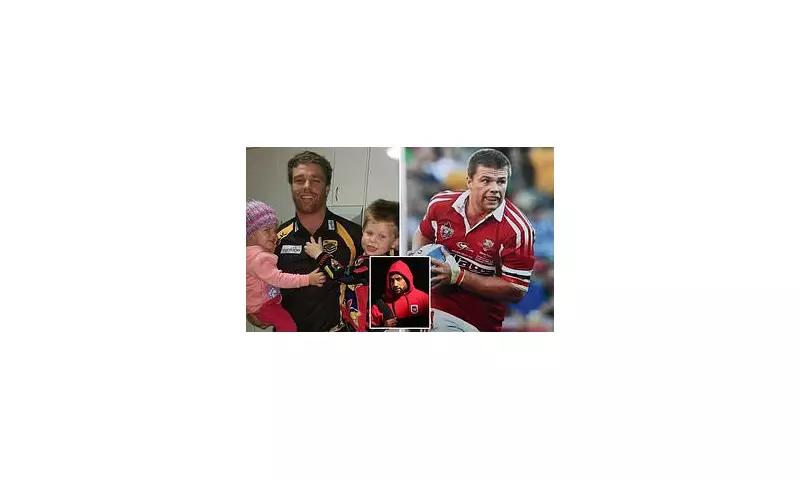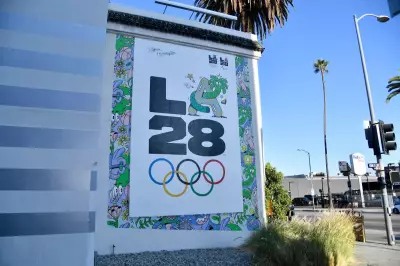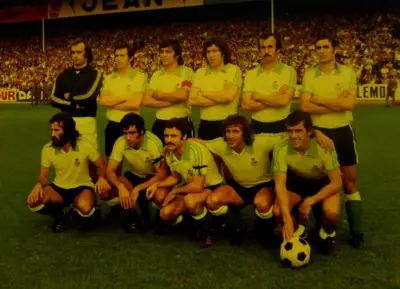
A profound and tragic chapter in Australian rugby league history has reached a sombre conclusion, with the family of the late James Ackerman finalising a confidential settlement over his death following a catastrophic on-field collision.
The 25-year-old forward from the Sunshine Coast Falcons succumbed to injuries sustained during a Queensland Cup match in 2015, after a tackle from Brisbane Broncos player Francis Molo. The incident, which involved a now-illegal shoulder charge, sent shockwaves through the sporting community and ignited a fierce debate on player safety.
A Legacy of Loss and Change
For nearly a decade, the Ackerman family has endured unimaginable grief while tirelessly advocating for safer protocols within the sport. Their personal tragedy became a catalyst for significant change, leading to the outright banning of the shoulder charge at all levels of rugby league in Australia.
While the specific terms of the settlement with the Brisbane Broncos and the Queensland Rugby League (QRL) remain undisclosed, it brings a measure of legal resolution to a case that highlighted the inherent dangers of professional contact sports.
The Incident That Shook the Sport
The fateful match on June 20, 2015, turned from a routine sporting contest into a nightmare. Molo's tackle left Ackerman unconscious on the pitch. He was rushed to hospital but never regained consciousness, passing away two days later surrounded by his heartbroken family.
The coroner's inquest that followed did not recommend criminal charges against Molo but heavily criticised the governing bodies for their previous stance on the shoulder charge, describing the rules at the time as "inadequate." This finding paved the way for the family's civil case, arguing that the sport's administrators had a duty of care to protect their players.
A Family's Unending Grief
James Ackerman was more than a athlete; he was a devoted father to two young children and a beloved husband and son. His family's statement following his death spoke of a "beautiful man" who was their hero, a sentiment that underscored the profound human cost of the sporting accident.
Their fight for justice was never about vengeance but about accountability and ensuring no other family would have to endure a similar loss. The settlement, while unable to bring James back, acknowledges the immense suffering and the need for continuous evolution in sports safety regulations.





